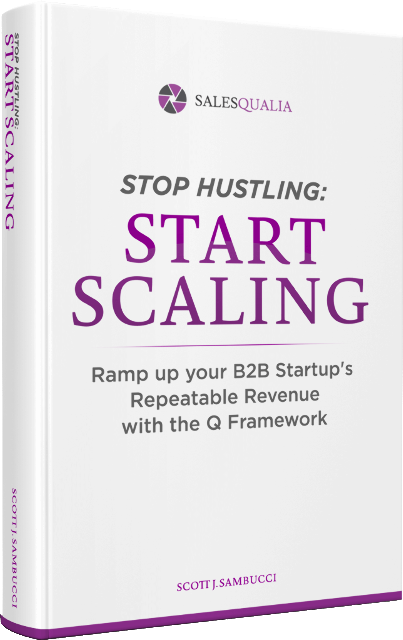03, 2019

The Scale-Up Stage of your StartUp
“Whether a startup leverages investor capital or reinvests its own cash flow, once repeatability is established, the startup is ready to work toward scalability. Think of this as the 10x growth outcome—with the first step going from $1,000,000 ARR to $10 million ARR (and beyond)! In the scale-up stage, startup founders encounter a new set […]
VIEW POST